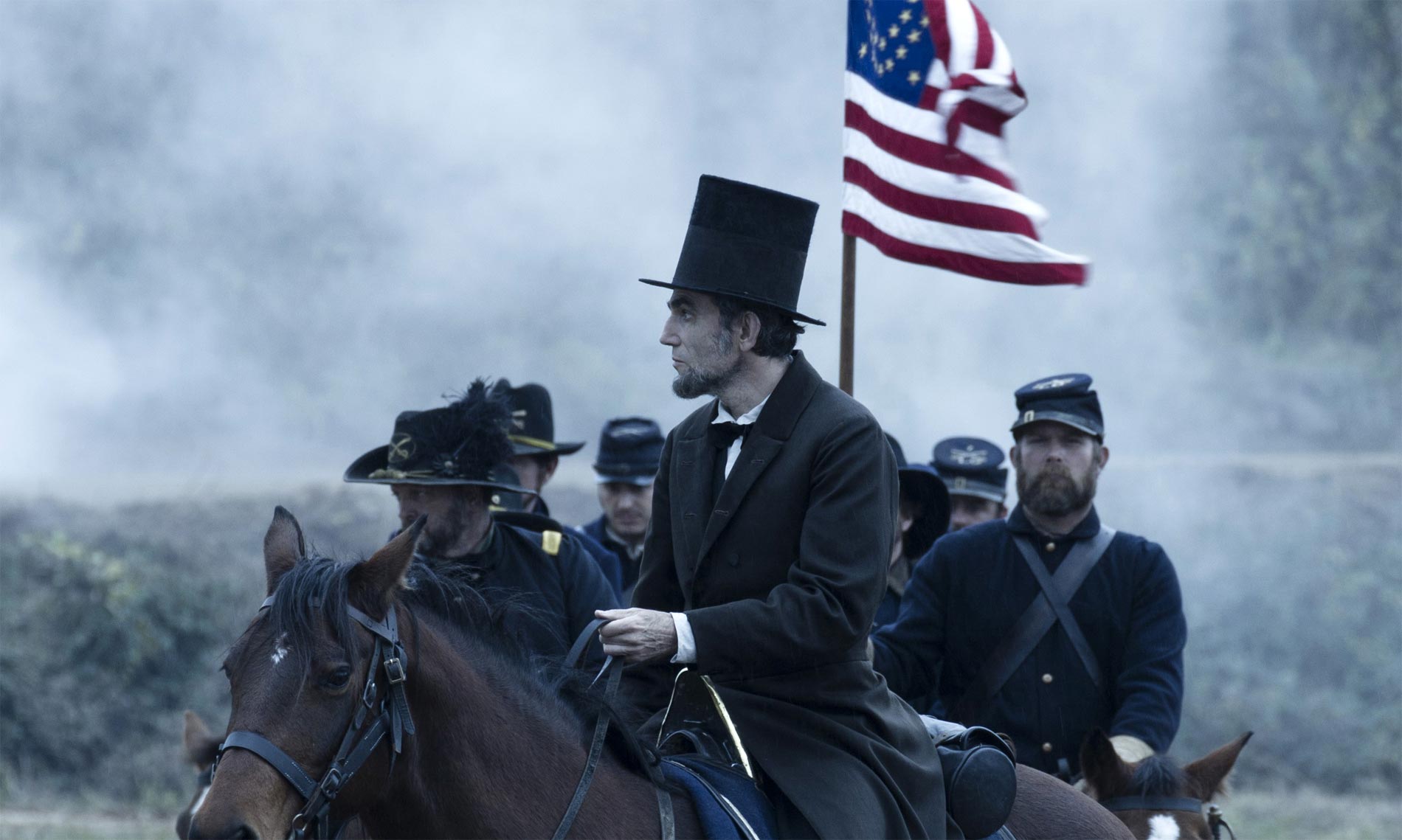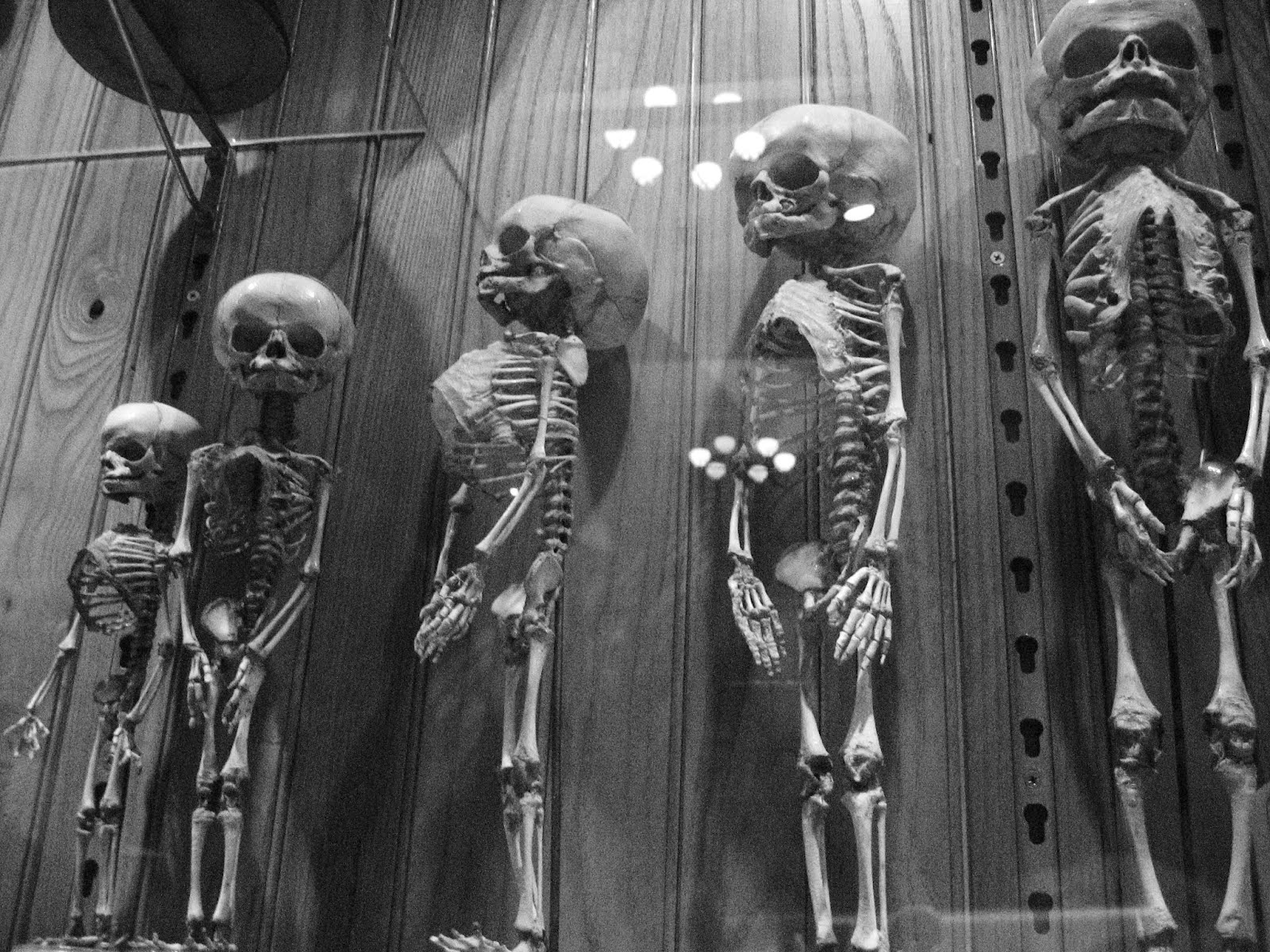(The Verge) — When you think about the man whose face is on the penny, good ol’ Abe, do you think about his height, his top hat, his aura and stance against slavery? Chances are, the answer to that question is yes. But as of now, there is something else that will run hand-in-hand with those thoughts, and that is the 2012 Steven Spielberg film, Lincoln. This movie, in theaters now, is a once in a decade quasi-documentary, and provides the substance all you political and history junkies need…
The film takes you right into the heart of the 19th century…showing you its sights, sounds, appearance and minor details that others would write off as irrelevant or a tad overboard. The lead role was so believable that it’s safe to assume, some may relate Abraham Lincoln more now with Daniel Day-Lewis than of the real daguerreotypes of the former President. The rest of the star-studded cast never missed a beat, and the presence of such prestige in the film seemed to make each historical figure a bit more revered by the viewers. Needless to say, their deliveries were just quite phenomenal.
The cast was headed by Academy Award winner Daniel Day Lewis (Gangs of New York, There Will Be Blood) who played Abraham Lincoln and
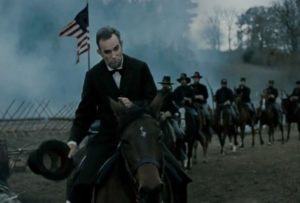
sported a striking resemblance to the 16th President, even with eerily similar facial hair. Playing his emotionally unstable wife and First Lady Mary Todd Lincoln, Sally Field (Norma Rae, Places in the Heart) delivered an Oscar-worthy performance. Her character got quite emotional on the topics of her husband’s plans, her eldest son’s intentions to enlist in the Union Army and when talking about the loss of her young son William Lincoln to illness. The 66 year old Field really struck gold in this role, and showed the world how an unstable woman copes with raising children under the limelight of public scrutiny and in a time of unparalleled warfare. Radical Republican and lifelong equal rights proponent Thaddeus Stevens was portrayed by Tommy Lee-Jones (Men in Black, No Country for Old Men), another cultural icon of our time. Other notable roles were: Robert Todd Lincoln played by Joseph Gordon-Levitt (Inception, Dark Knight Rises), Secretary of State William Seward played by David Strathairn (Good Night and Good Luck) and Republican Party Operative William Bilbo played by James Spader (The Office, Secretary).
The plot centered around the events of 1865, shortly before the Civil War ended and during deliberation over the ratification of the 13th Amendment. This amendment, banning slavery and servitude unless it is punishment for a crime was the cause of a fierce divide in the country and a deciding factor on entering the Civil War. But by 1865, Ulysses S. Grant and his Union Army were close to a victory over Robert E. Lee’s Confederate resistance. Shortly after re-election, Lincoln was poised to start his second term in March, but felt that an amendment was needed before the war was over as to make sure the Emancipation Proclamation would not be worthless once the slave-owning states returned to the Union, as that was a measure of wartime tactics. He emphasized in January of 1865 that by the end of the month, the amendment must pass.
To appease the Congressmen who only approved the amendment because peace would be assured, Lincoln forced a peace delegation from the Confederacy to stop in its tracks, not entering Washington so Lincoln could pretend the slave/amendment issue was more important. He allowed the war to press on so that when it did end, his hopes of abolishing slavery would remain intact. “Copperhead” Democrats from the northern part of the Union were nearly demonized in the film, but were openly against the war, wanting only a peace settlement instead of the passage of an amendment. Other staunchly Democratic Congressmen spoke barbarically of black people and were just morally against the amendment. This made for a tense environment in the Congress, and Lincoln soon realized (along with his cabinet) that “Lame Duck” Democrats would need to be persuaded by the Republican Party to vote for the passage. Some just having been defeated, and other Junior members of Congress looking for a quick way to please their constituents, were persuaded by a select group of the President’s men, who told the Congressmen that they would be promised White House jobs in the new administration if they voted the right way.
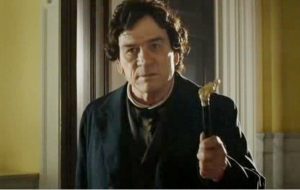
Tommy Lee-Jones’ character, Thaddeus Stevens, was a radical Republican and lifelong equal rights proponent. His story in the Congress was quite moving, and although somewhat of an adversary to the President, he garnered enough support to rally the Republicans and be the leader on the issue. He wisely said in front of Congress, against his will, that the amendment did not mean that blacks would be able to vote one day, just meant slavery will be abolished. This strategic move was done to make sure border state Congressmen and Democrats who were iffy about the issue would be convinced to stay on-board. In reality, Jones had a real personal reason to be advocating the amendment, which is shown in a powerful scene at the end of the film.
As the day of the vote for the amendment got nearer, Lincoln’s character only became stronger. Day-Lewis brought wonderful charisma to the role, and was seen joking, telling witty stories and playing with his young son all-the-while the country was in mayhem and arguably the biggest vote in history was just around the corner. The ironic element to that is he still understood and handled the stress of the White House like no other. Tensions soon flared as it was unknown if the Republicans would get enough votes, but when a few key Democrats crossed party lines and voted for the amendment, it finally passed and bells began ringing in the capital. A humorous moment in the vote came when Speaker of the House Schuyler Colfax went against the norm and cast a vote for abolishing slavery.
With a victory in place, Lincoln then dealt with the peace delegation from the Confederacy. Meeting with creepy-looking CSA Vice President Alexander Stephens (portrayed by Jackie Earle Haley), and two other cabinet members, Lincoln laughed off the request that the states re-enter the Union before the amendment was officially passed so they can vote it down.
The film then leaped forward a few months, to Robert E. Lee’s surrender brought to Ulysses S. Grant at the Appomattox Courthouse. Then it delved into the infamous assassination. The only thing I’ll say is that it’s not too graphic, and you witness a said goodbye to our 16th president.
Lincoln was able to balance war and policy, and proved to be a strong presence in the White House; “clothed in immense power” (as a
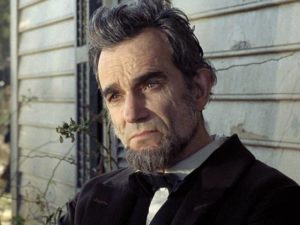
memorable quote from the movie rang loud). This plot give-away is okay for this film, as it is based on history. Just the poise and innate aura the film had made it one for the ages. I think teachers of 19th century politics will be showing this film for years to come, and don’t be surprised if you see Daniel Day-Lewis accepting an Oscar for Best-Actor, Sally Field accepting one for Female in a lead role, and Tommy Lee-Jones for Best Supporting Actor. For me, the countdown (to the second) is on until the movie’s DVD release…
